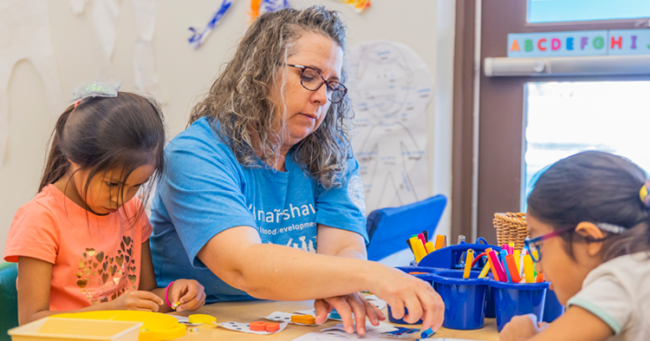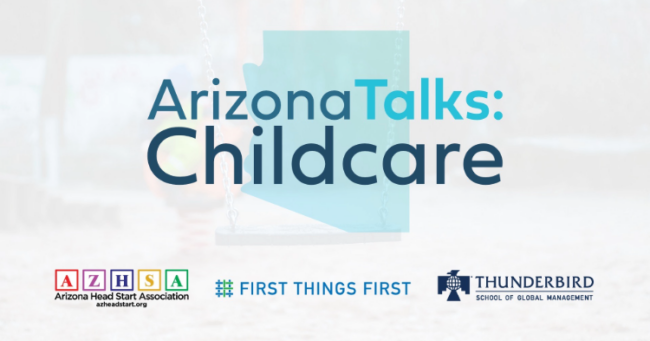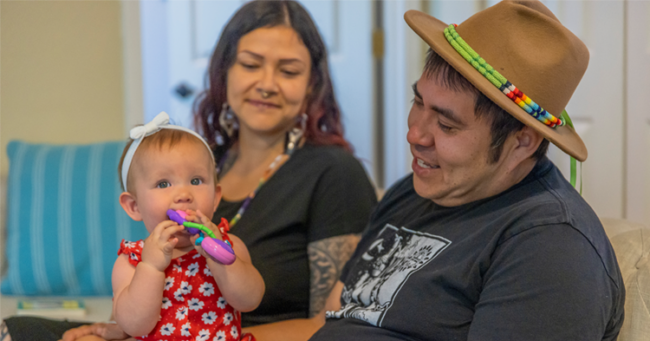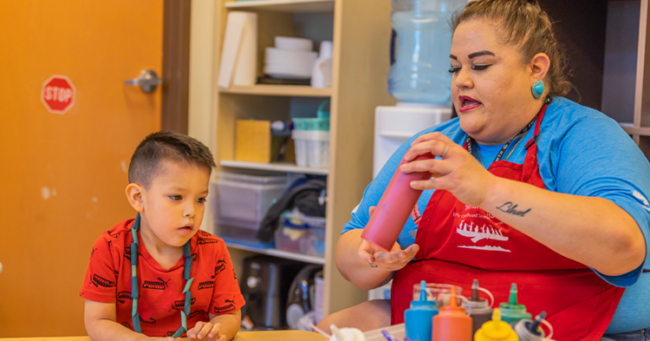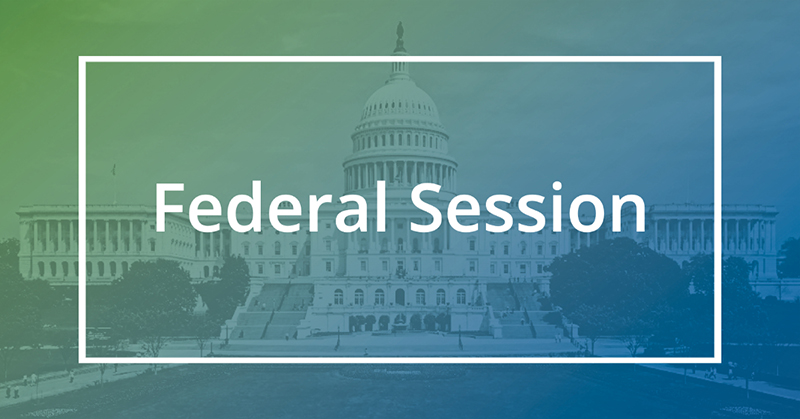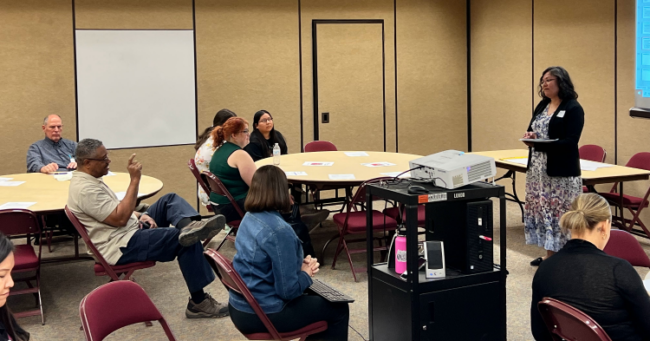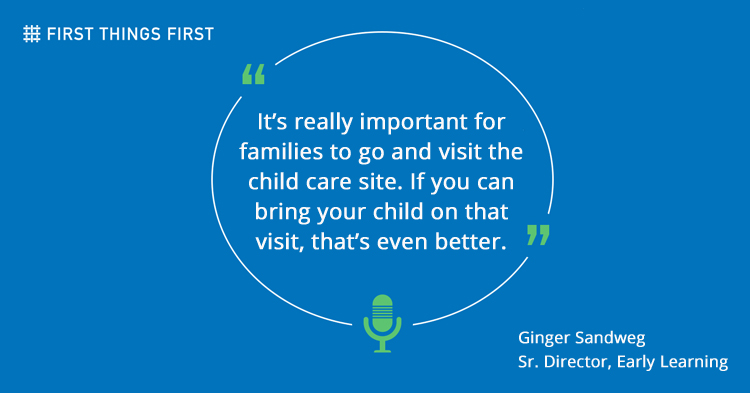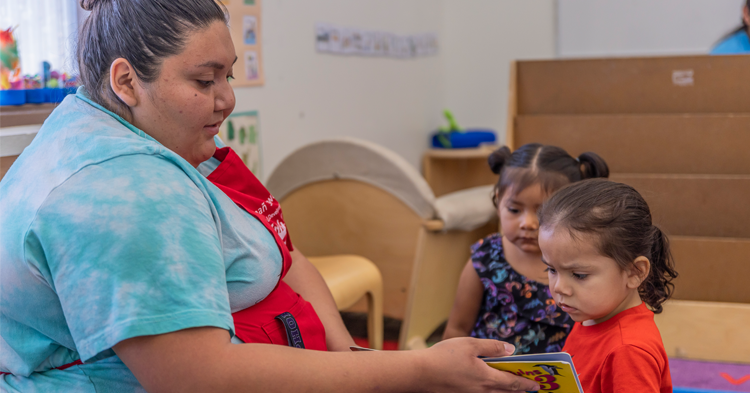
When word got out that federal pandemic relief funding for child care was ending, Happy Trails Yuma child care center owner and director Arianna Zaroff knew she was going to have some tough conversations with parents.
She had to tell them that the funding that was helping them pay for their child’s care was gone.
“We lost so many families and had parents begging and pleading because they didn’t know what they were going to do without child care,” Zaroff said. One parent went down to a part-time child care program, but for the others who left, “I unfortunately don’t know what happened to them.”
In the wake of the COVID-19 pandemic, the federal government awarded Arizona around $1.3 billion to support child care providers. This unprecedented investment in the nation’s early care and education industry from the federal government was a response to the pandemic that nearly devastated an already precarious child care system.
With the funds, providers were able to:
- raise wages to help recruit and retain workers who were moving to better-paying jobs
- give more focus to behavior challenges and individual children with lower teacher ratio numbers
- offer employees paid time off to work on their professional development hours.
In Arizona, the federal pandemic relief was a lifeline of support for child care providers who struggled to re-open after pandemic closures because of higher operating costs and workforce shortages. But the last of the federal assistance ended June 30.
Need for additional support
Earlier this year, the National Association for the Education of Young Children released a field survey of over 10,000 early childhood educators from all states. The survey results “illustrate the ongoing challenges facing this field, the exhaustion of providers, the clear benefits of public funding and the need for additional support following the loss of federal funding,” according to the report.
Almost half of the Arizona respondents indicated that they are more burned out now, compared to this time last year. And a quarter of the respondents said their economic situation has worsened.
As the federal stabilization grants ended, First Things First also decided to continue paying increased scholarship reimbursement rates to better match what it costs to provide quality child care. This resulted in the number of Quality First scholarships across Arizona decreasing by almost half.
The federal relief funding had allowed for a limited time increase of Quality First scholarships for income-qualified families.
“We lost close to 50 kids,” Zaroff said, many who had previously received Quality First scholarships. Other families at her two centers had their children enrolled through a program that paid for child care if you were a full-time college student. Those parents all disenrolled because of the loss of relief funding. Yet another program allowed for children of employees working at the center to enroll their children in care. This was also a relief-funded program that ended.
“Everyone on my staff who came on with me during the pandemic had children here,” Zaroff said. “They had been on a career path.”
But when the employees couldn’t qualify for funding, they were forced to find a different job.
“They are really quality teachers, but without funding, they have to ask themselves, ‘Is it worth it to work?’” she said.
The loss of federal funding with no replacement funding also resulted in the Arizona Department of Economic Security child care assistance program implementing a waitlist for working families who qualify for assistance. The last child care assistance waitlist ended in 2019. With the waitlist beginning in August, now thousands of families may leave the workforce because they can’t afford child care.
Although providers knew the federal funding was temporary, it still hurt the industry when the funding went away, said Barbie Prinster, executive director of the Arizona Early Childhood Education Association.
During the COVID pandemic, providers were encouraged to increase wages, Prinster said.
“We knew that money wasn’t sustainable,” she said. “Now how do you continue to pay your people? When you raise someone’s wages and then all of the funding streams that support that are gone, what do you do?”
Families can’t afford to pay more
One thing providers know is that they can’t make up the difference with an increase in price. Families can’t afford to pay more: 12-32% of income is spent on child care when 7% is considered affordable.
The demand for child care in Arizona exceeds the supply with more than 300,000 children under age 5 who may need child care, but only 230,000 spaces exist in child care centers and homes.
For Bill Berk, who oversees 10 child care centers in the Tucson area and six in Maricopa County, he’s been working hard to increase the level of quality at his centers.
“We’ve taken so many steps forward and Arizona has as a whole,” Berk said. “But the loss of funding resulted in lots of steps backward and that’s hard for all of us to see because we were pretty excited about where we were going.”
Now it’s harder to recruit teachers, child care workers are one of the lowest paid professions in the country. The national median wage is $14.60 per hour.
On the parent side, Berk’s staff saw some parents trying to rearrange their work schedules for child care coverage as they were told their assistance was ending, but many others disenrolled.
“I think there’s been a lot of fear in our industry. We knew that there was a cliff coming,” Berk said. He’s being approached more frequently with offers from providers who want to sell their child care businesses because they can no longer afford to stay in business.
“A lot of people have decided this is not a path to success,” Berk said.
For one child care provider, who asked that his name not be used, the loss of relief funding forced him to sell his school.
“We basically lost our whole nest egg trying to keep up with the payroll,” the owner said, who owned a Montessori school in Tempe. The previous year, the school was allocated four Quality First scholarships, which were reduced to two in July. As other paying families had children who were aging out of the school, there was no buffer to keep the school going.
Still, the owner said he feels the mission of early childhood education is worth it. “The early years are when you can make the greatest lasting impact,” the owner said. “I wanted to make a greater impact.”
“Relief funds changed our life”
Prior to pandemic relief funds, Yuma owner Zaroff and her family, who run their centers as a family, questioned whether it was still worth it to continue contributing personal funds to keep the centers in business.
“The pandemic relief funds changed our life,” Zaroff said.
She said that relief funds:
- gave them the opportunity to work with more children and families.
- created jobs for those looking for employment.
- allowed teachers to bring their young children to work (discounts are now not enough for them to keep working).
Recently Prinster spoke to a provider who interviewed a potential employee. When the interviewee visited the site, they realized the tuition discount wasn’t enough to work there and enroll their child. The parent said they were better off staying at home with the child and collecting public assistance.
“Do you want these people working and paying taxes or do you want them receiving government benefits?” Prinster asked. It’s a policy priority that Prinster, who is part of the Arizona Early Childhood Alliance, which FTF is also a part of, said policymakers are going to have to confront.
“We want Arizona to continue with a great economy, but we have to look at the workforce and the things that allow Arizona to get to work. Child care is a big part of that equation,” she said.


